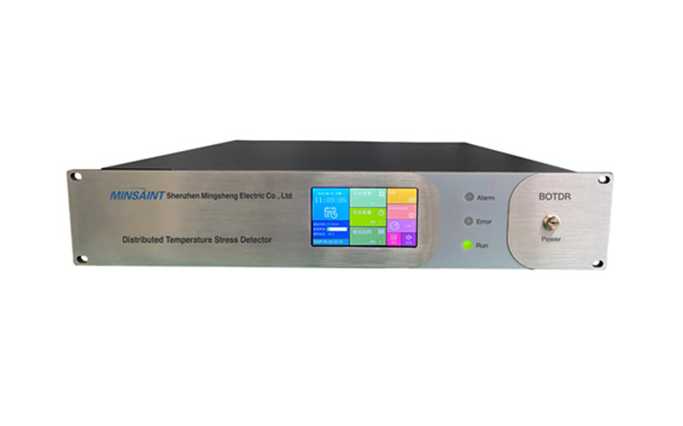
Laboratory safety is of utmost importance in any scientific research or experimentation. However, despite the strict safety protocols and guidelines, accidents and incidents still happen. In this article, we will discuss the most common laboratory safety problems and how to prevent them.
- Chemical Hazards
Chemicals are one of the most common hazards in a laboratory. Exposure to toxic chemicals can cause serious health problems, such as respiratory problems, skin irritation, and even cancer. To prevent chemical hazards, it is important to properly label and store chemicals, use personal protective equipment (PPE), and follow proper disposal procedures.
- Fire Hazards
Laboratories are also at risk of fire hazards due to the presence of flammable materials, such as chemicals, solvents, and gases. To prevent fire hazards, it is important to properly store flammable materials, avoid open flames, and have fire extinguishers and sprinkler systems in place.
- Electrical Hazards
Electrical hazards are also common in laboratories, especially when using electrical equipment. To prevent electrical hazards, it is important to properly ground electrical equipment, avoid using damaged cords or plugs, and follow proper electrical safety procedures.
- Biological Hazards
Biological hazards, such as bacteria, viruses, and fungi, are also common in laboratories. Exposure to these hazards can cause serious health problems, such as infections and diseases. To prevent biological hazards, it is important to properly handle and dispose of biological materials, use appropriate PPE, and follow proper decontamination procedures.
- Radiation Hazards
Radiation hazards are also a concern in laboratories that use radioactive materials. Exposure to radiation can cause serious health problems, such as cancer and genetic mutations. To prevent radiation hazards, it is important to properly label and store radioactive materials, use appropriate shielding and PPE, and follow proper disposal procedures.
In conclusion, laboratory safety is crucial to ensure the health and well-being of laboratory workers and the environment. By following proper safety protocols and guidelines, we can prevent common laboratory safety problems and create a safe working environment.




